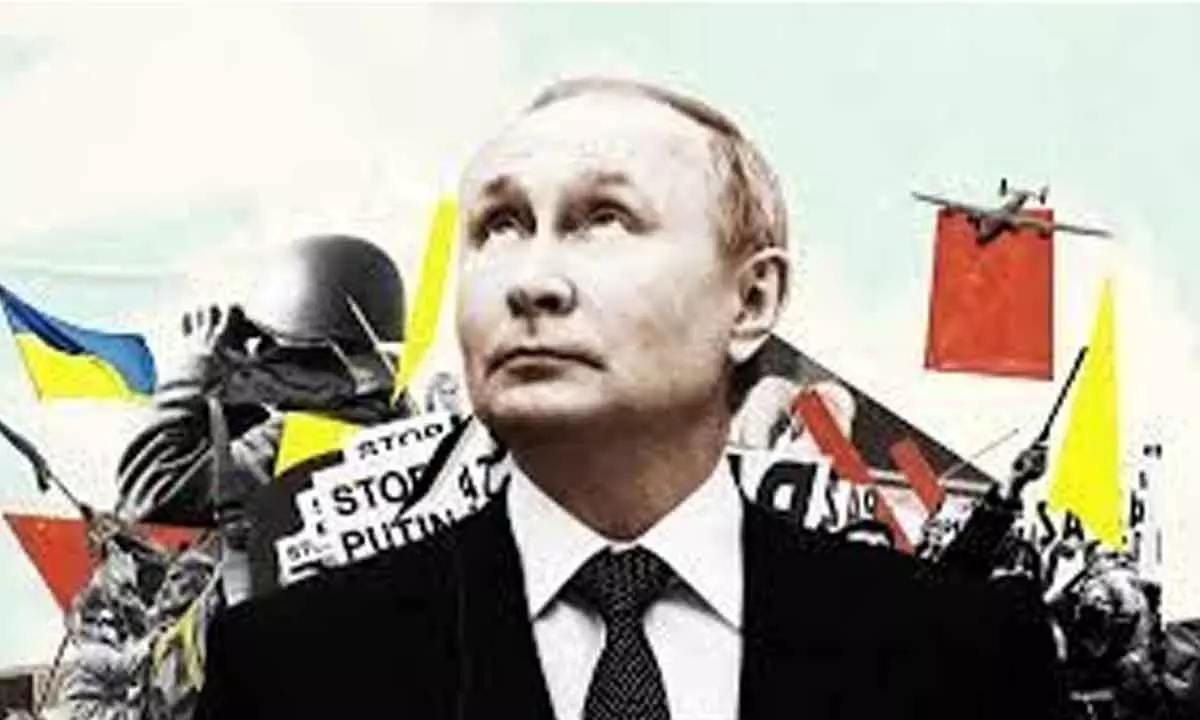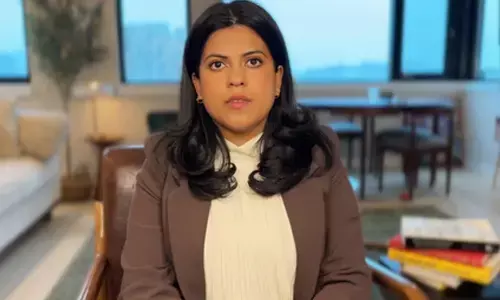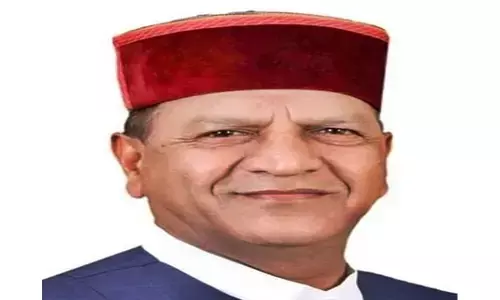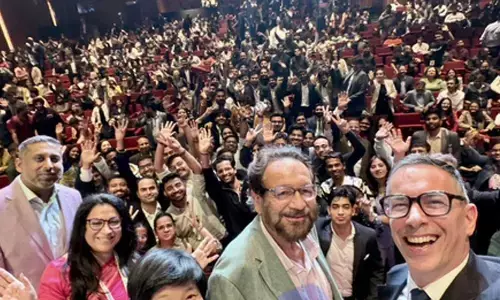Why Putin still enjoys mass support

Vladimir Putin
The West has made it easy for him to claim to be a defender of Russian interests
During the early stages of Vladimir Putin's "special military operation" in Ukraine, there was speculation in the western media that his days as Russian leader were numbered. Russian oligarchs were supposedly going to shed their loyalty to Putin's regime as their assets and yachts were seized in the West. The wider Russian population would soon feel the economic pain of sanctions and be unwilling to accept the growing death toll for Russian forces in Ukraine.
Increase in popularity
This scenario has yet to take place, and there aren't any meaningful signs that it will in the near future. In fact, Russian public opinion polls have suggested an increase in Putin's popularity after the invasion. Support for the war itself is not as high as Putin's overall approval rating — but he can still count on majority support for the invasion. Additionally, the Russian economy has remained surprisingly robust — to a considerable extent helped by the sanctions meant to damage it. By denying themselves Russian oil and to a lesser extent gas, European countries contributed to an increase in oil and gas prices that has buoyed the Russian coffers.
Western commentators have also suggested that, simmering beneath the opinion poll numbers, there is latent opposition to Putin that isn't being expressed because of fear. At the same time, there have been arguments that the Russian population is subject to a barrage of pro-Kremlin propaganda and therefore unable to really question the status This alternative to Putin's world view is almost nowhere to be found in Russian media.
Risking wealth, status
Most of Russia's population is, at worst, willing to quietly acquiesce in Putin's regime. There are good reasons for this beyond fear. First of all, many Russian oligarchs and political leaders are closely bound to Putin through a system of patronage that is deeply entrenched. Without Putin, they are likely to lose much of their wealth and status. At the same time, some of those in the upper echelons of Russian society support Putin's nationalist agenda.
Many Russian nationalists believe Russia has been reborn under Putin. In some ways, that's true after the widespread misery of the 1990s. The collapse of the Soviet Union in 1991 was a major blow to Russian prestige. Devaluation soon followed, and yet the Russian economy recovered far more quickly than many observers expected.
Shortly after the 1998 financial crash, Yeltsin helped bring Putin to power as acting president at the end of 1999. An unlikely successor for Yeltsin in terms of his political profile, I didn't expect much to change under Putin. At first, Putin's policies were similar to Yeltsin's. Nonetheless, by the time I visited Russia for the first time in several years in 2015, I could feel a palpable change in mood since my last visit. Not only was there greater order and cleanliness on the streets, but also a growing feeling of self-confidence in the Russian capital. This was a year after Russia had annexed Crimea. Most Russians supported that move. Putin had not rid Russia of the hated oligarchs, but they had been brought into line. Attempts were also made to reduce or give the appearance of reducing corruption.
Order after chaos
Putin, the strongman, had brought a degree of order after the chaos, and many Russians welcomed it even though a number of democratic elements of the Yeltsin regime disappeared. Western-style liberalism had not offered most Russians the sort of life promised to them by proponents of reform as the Soviet Union collapsed.
Even today, evidence suggests many Russians — including those born after the Soviet Union's collapse — value many things before democracy and western political liberalism. The relative economic stability and order provided under the Putin regime has had widespread appeal. Western sanctions have undoubtedly hit many Russians. However, the blanket and unprecedented nature of western sanctions — and western hypocrisy in its treatment of Russia — feed into Putin's narrative that the West wants to keep Russia down.
The West has made it easy for Putin to claim to be a defender of Russian interests. In the absence of obvious alternatives to Putin, only his health is likely a significant potential threat to his rule at the moment, and recent speculation about his ill health seems to be based on little or no meaningful evidence. As far as we can reasonably tell, Putin is here to stay.
(Writer is Professor of Military History, University of Calgary; The Conversation)








